In time, businesses may wake up to the true potential of artificial intelligence. But if worries grow, big tech’s spending plans will start to look as extravagant as its valuations.
So far the technology has had almost no economic impact.

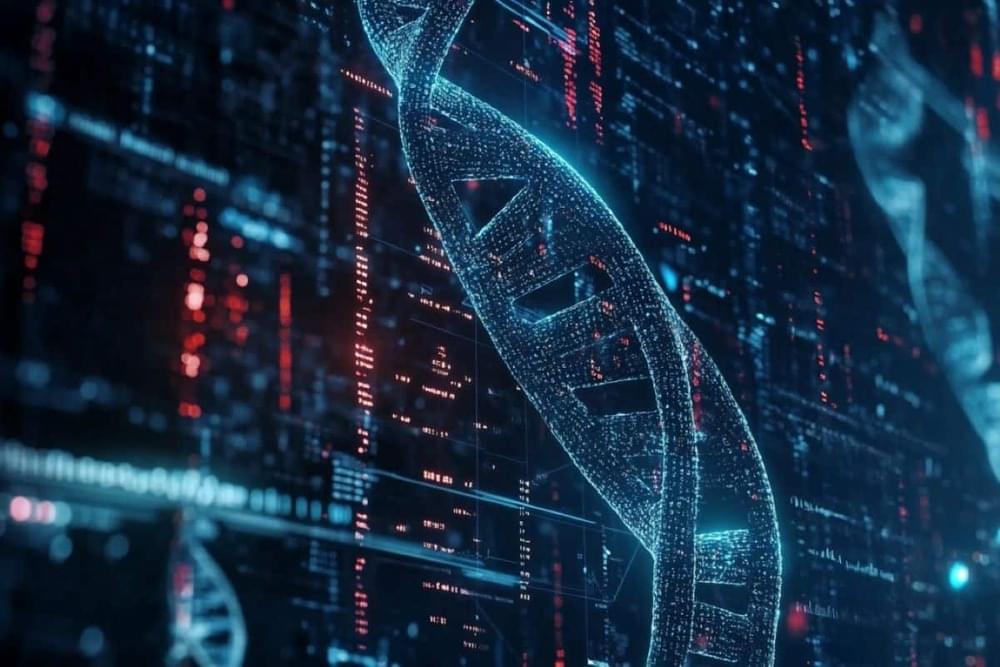
DNA contains foundational information needed to sustain life. Understanding how this information is stored and organized has been one of the greatest scientific challenges of the last century.
With GROVER, a new large language model trained on human DNA, researchers could now attempt to decode the complex information hidden in our genome.
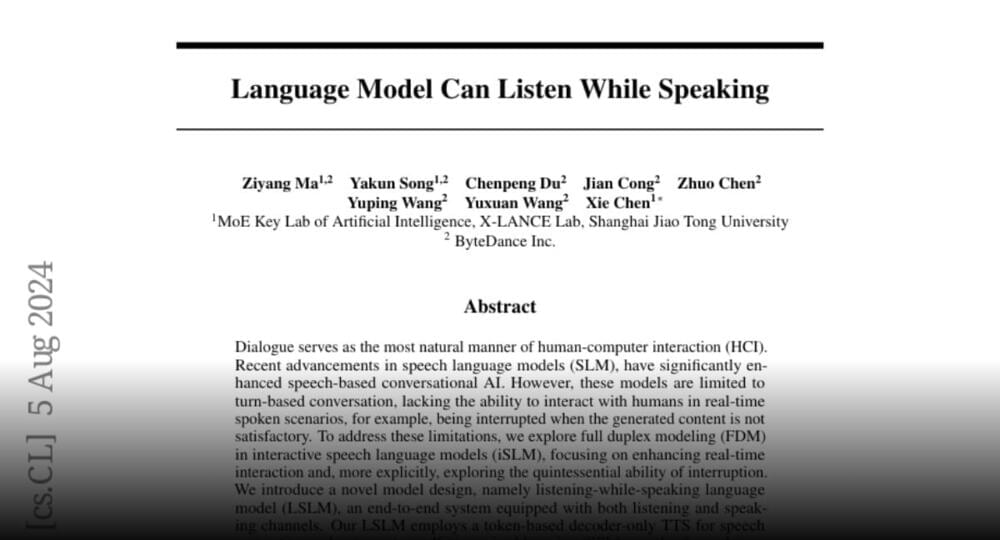
https://huggingface.co/papers/2408.
How can AI truly converse like a human if it cannot listen and respond simultaneously, or handle interruptions when things go awry?
Enter the world of full duplex modeling (FDM) and the innovative listening-while…
Join the discussion on this paper page.

As we have alluded to numerous times when talking about the next “AI” trade, data centers will be the “factories of the future” when it comes to the age of AI.
That’s the contention of Chris Miller, the author of Chip War, who penned a recent opinion column for Financial Times noting that ‘chip wars’ could very soon become ‘cloud wars’
He points out that the strategic use of high-powered computing dates back to the Cold War when the US allowed the USSR limited access to supercomputers for weather forecasting, not nuclear simulations.
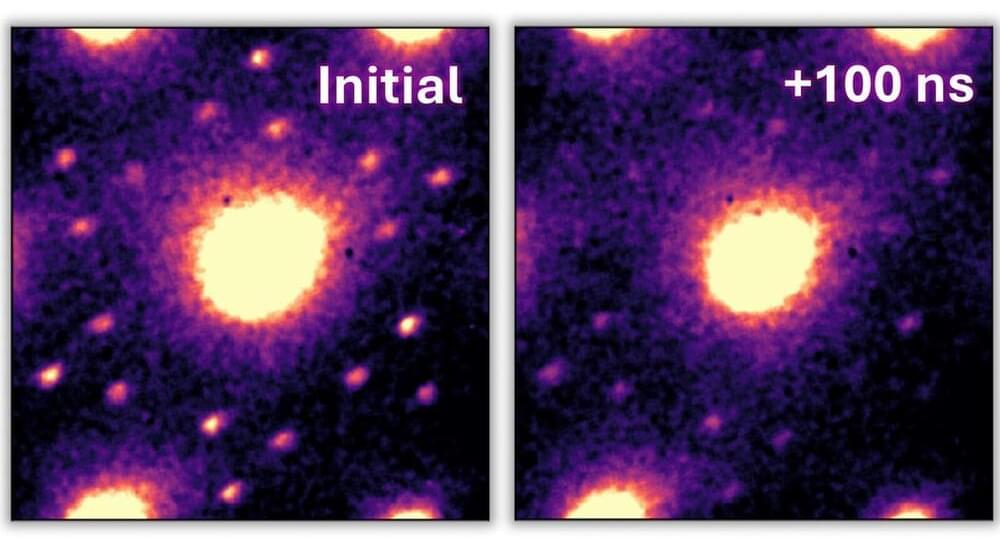
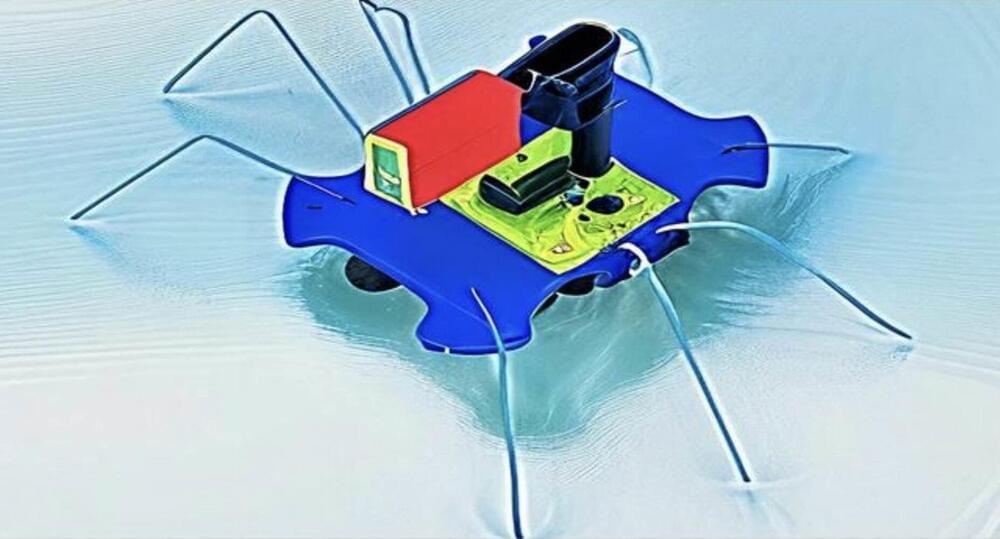
A new robot bug that can live in the ocean for 100 years and feed off of bacteria has made its debut as DARPA’s latest surveillance tool.
With a vast amount of area to cover, the US government is funding research for new oceanic spy technology. Now, a Binghamton University team has developed what may become one of the most simple and effective tools in its arsenal.
Now, a new DARPA initiative is playing off of the idea of “the Internet of Things,” the term used for the many non-computer devices connected to the Internet in some way, from refrigerators to fish tanks, and seeking to develop an “Ocean of Things.” With many futurists’ eyes on space conflict and satellite warfare, it’s easy to forget that 71% of the Earth’s surface is water, and naval conflict is still an element in geopolitics.
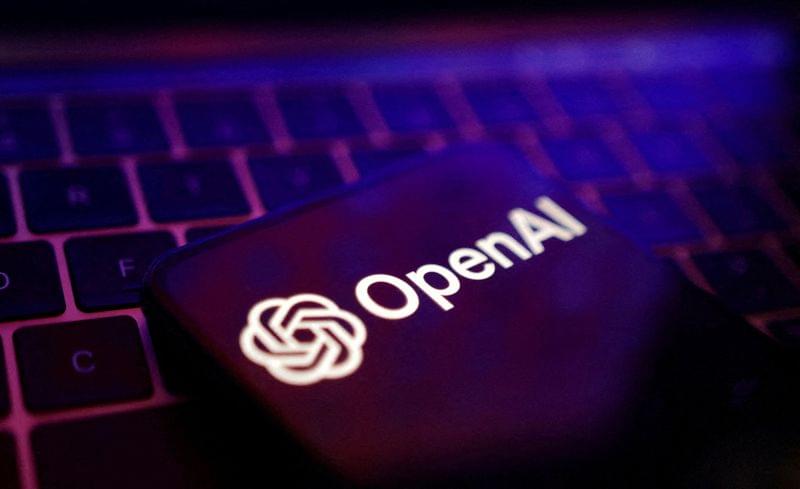
New: 3 OpenAI leaders are leaving.
President Greg Brockman going on extended leave, John Shulman to rival Anthropic, and product leader Peter Deng is also out.
https://theinformation.com/articles/trio-of-leaders-leave-op…&rc=c48ukx.
(Reuters) — John Schulman, one of the co-founders of artificial intelligence company OpenAI, has left the ChatGPT maker for rival Anthropic, he said in a post on social media platform X late Monday.
“This choice stems from my desire to deepen my focus on AI alignment, and to start a new chapter of my career where I can return to hands-on technical work,” Schulman said in his X post.
OpenAI’s President and co-founder Greg Brockman is also taking a sabbatical through the end of the year, he said in a X post late Monday.

PROVO — A new study from a BYU professor is giving insights into the quality of popularly consumed carbohydrates in the U.S. with a new glycemic index and database developed with the use of artificial intelligence.
Nutrition and dietetics professor Karen Della Corte developed a national glycemic index and glycemic load database that was published in the American Journal of Clinical Nutrition. A news release from BYU said the data offers insights into the “evolving quality of carbohydrates consumed in the United States, something that hadn’t been done previously.”
She hopes this database helps increase awareness on the importance of carbohydrate quality in one’s diet and how, with other lifestyle factors, it can help prevent diseases and extend an individual’s health span.
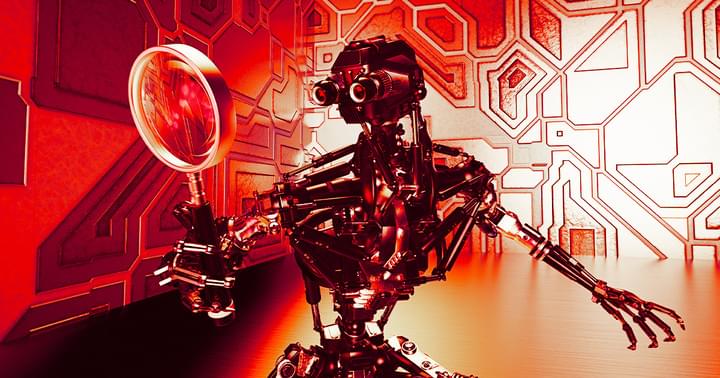
ChatGPT creator OpenAI has developed internal tools for watermarking and tracking AI-generated content with 99.9 percent accuracy, the Wall Street Journal reports — but is refusing to release it.
Effective tools for flagging AI-generated text could be useful in any number of situations, from cracking down on cheating students to sorting through the AI-generated sludge filling the web.
Which is why it’s so surprising that OpenAI, as the WSJ reports, has been quietly hanging onto tools that could do exactly that.
In the rapidly advancing field of artificial intelligence (AI), few voices resonate as profoundly as Dr Ben Goertzel’s. With a background in mathematics and decades of experience as an AI researcher, Ben’s insights into the future of AI and its convergence with human intelligence offer a compelling narrative.
This article goes into his perspectives as shared in the session IA générale: vers la singularité — avec Dr Ben Goertzel, exploring the technological singularity, the mainstreaming of transhumanist ideas, and the profound societal and philosophical implications of these advancements.
Ben Goertzel’s journey into AI began in the 1970s, when the concept of machines matching human intelligence was confined to science fiction. Today, however, we are on the brink of achieving this milestone. He expresses his excitement and trepidation about this development, highlighting the double-edged nature of such a revolutionary transformation.